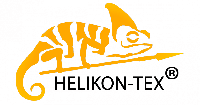Case study
Speeding up the front-end of Helikon-Tex.com eCommerce platform
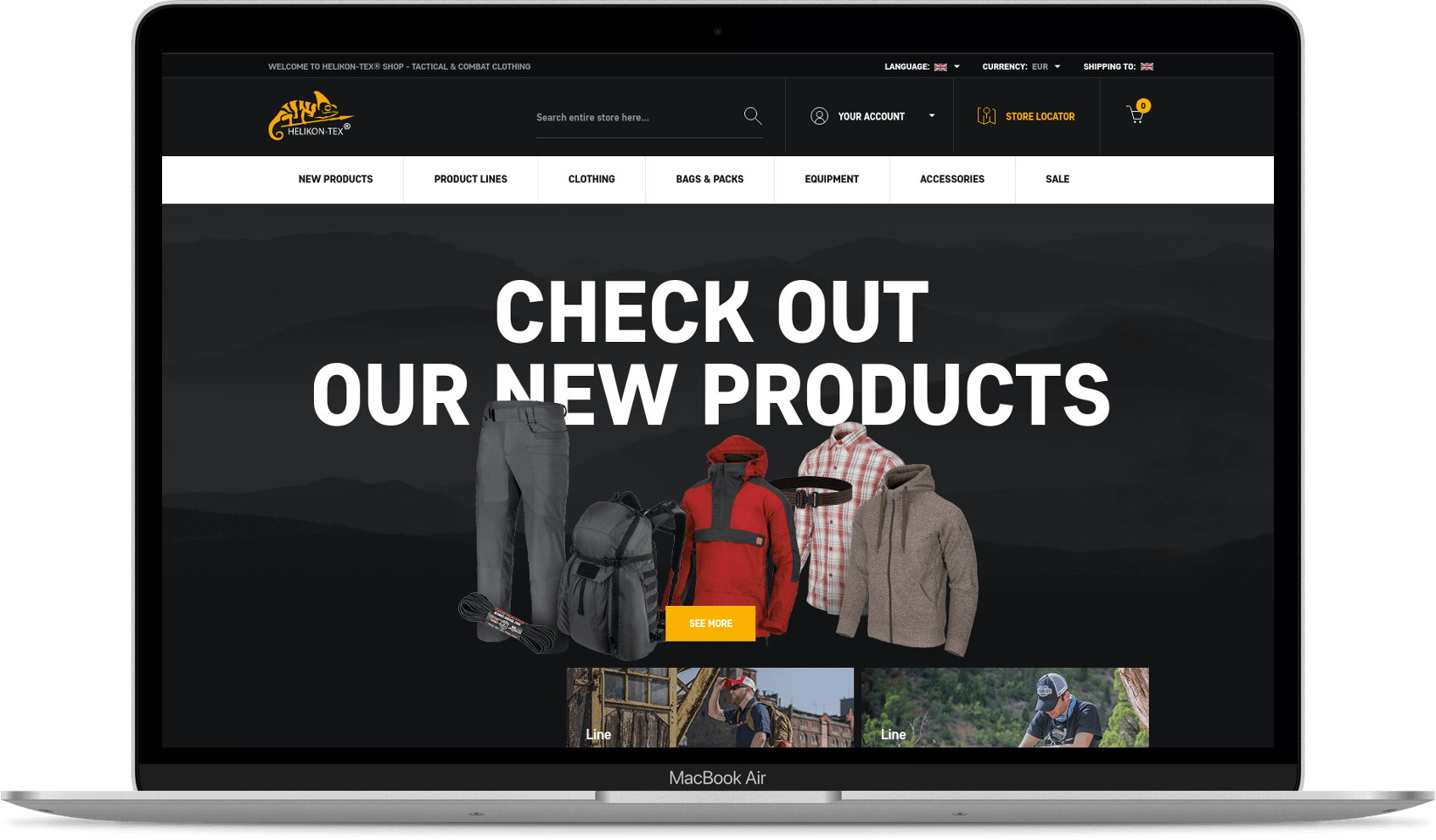
Challenge
The platform needed 4 seconds on average to fully load the homepage, and even 7 seconds to load the category or product sub-page.
Solution
Results
We’ve shortened the time required for the homepage to load from 4 to under 2 seconds, and in the case of the product and category sub-pages – from 7 to 2.5 seconds. When implementing optimization measures, we found a way to reduce the costs of maintaining the infrastructure in an AWS cloud system two times.
Pride
We’ve added a caching layer on the server-side, which makes it possible to instantly feed the users with pages they have previously visited – without the need for the application to dynamically generate the content of the entire website.
References
Quality :
Schedule :
Cost :
Willing to refer :
5.0
5.0
5.0
5.0
“I’m positively surprised by the fact that Webini’s team went the extra mile to deliver more than agreed on. We contacted them with a request to speed up our platform. We didn’t expect to receive a bonus tip on how to reduce the costs of upkeep of our infrastructure. The entire project was carried out smoothly and efficiently, and the persons responsible for the implementation kept us up to date on the progress made. I’m glad to be able to say that Webini really does make the effort to ensure a positive customer experience.”
Scope of work
Helikon-Tex is a Polish brand manufacturing and distributing military and paramilitary clothing as well as survival and outdoor accessories.

from 4 to under 2 seconds
speeding up the loading time of the homepage
from 7 to 2.5 seconds
speeding up the loading time of product and category subpages
63% faster
DOMContentLoaded event
USD 2K per month
reducing the costs of infrastructure maintenance
under 40 hours of work
under 40 hours of work to make subpages load two or even three times faster
THE CHALLENGE
Seconds too long
The role of an eCommerce platform is not only to support retail sales but also to act as an image-builder – to be an online catalogue showcasing the available products.
Despite the work of development teams, the platform was still loading from 4 to 7 seconds, depending on the type of subpage and the content on it.
You can make all the effort in the world to build a strong, consistent image, but the outcome of the campaign will still depend on the number of seconds required for the page to load. And even a few can be way too many. Helikon-Tex’ customers are mostly determined and disciplined people. We wanted to make our platform just as disciplined in order not to make its visitors take a dislike to the brand, with the sense of irritation growing on them when e.g. navigating through particular subpages of the shop
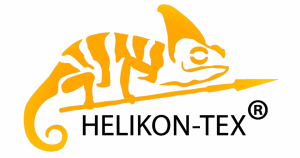
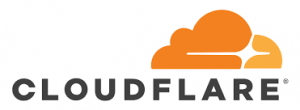

The main service server is located in Frankfurt.
THE SOLUTION
40-hour investment
Before proceeding with the planned tasks, the developers performed precise website speed tests using inbuilt browser tools (Chrome DevTools, Lighthouse) and third party apps (Page Speed Insights, Pingdom, Dareboost).


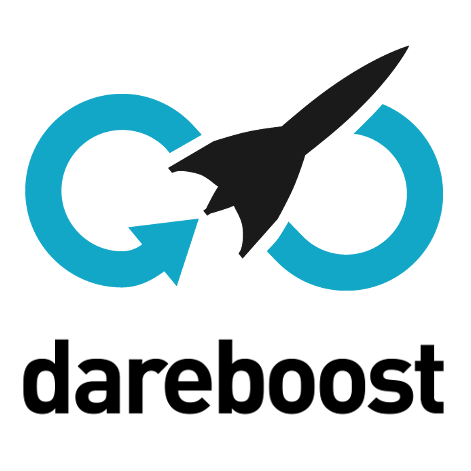
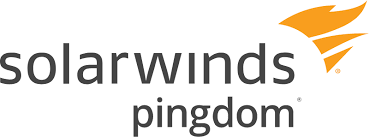
Project Team
Senior Developer
Regular Developer
Linux System Administrator
Quality Assurance
Project Manager
Using Google Analytics, they selected four most popular subpages to check their loading times. These included: the homepage, the category subpage, the product subpage, and the content page including text-based resources.
Based on past and current data from Google Analytics, they determined the time frames with the highest, lowest, and average traffic volumes.
They conducted several series of measurements and determined average values to arrive at the most reliable result. They also arranged for the right testing environment – the settings of the testing device remained the same throughout the entire testing period. Plus, they performed the same sequence of actions on the platform before each test and measurement.
Considering the locations of the majority of Helikon-Tex’ customers, the developers decided also to use NordVPN to check how fast the platform ran and responded in East Europe, Asia, and North America.
The result?
It took 4 seconds on average for the platform to load the homepage fully. The subpages featuring text-based content loaded slower – in 5 seconds. The product or category subpages took the longest to load, i.e. about 7 seconds.
| Homepage | 4120 ms |
| Homepage + Content | 5347 ms |
| Category subpage | 5648 ms |
| Product subpage | 7834 ms |
Optimization
The members of the team, apart from working on the source code, have also taken their time to optimize the server environment. The combined efforts of the developers and the Linux Sysadmin have borne fruit in the form of another caching layer on the server-side. It makes it possible to instantly feed the users with pages they have previously visited – without the need for the application to dynamically generate the content of the entire website.
.
The entire operation was accomplished successfully in less than the originally agreed 40 hours. The team commenced their work on 27 March 2019 and made the optimized version of the platform available to Helikon-Tex developers on 31 March.
THE RESULT
The homepage loads in under two seconds
The developers made tests and measurements according to a pre-arranged plan also during the performed work in order to see which element contributed to the shorter loading time of the page to the greatest extent. Adding a caching layer on the server-side turned out to be an unquestionable milestone.
Once all the optimization measures were implemented, the average page loading times were as follows:




This means that the team shortened the full page loading times two – and in some cases even three – times, as initially estimated and intended. They also made the DOMContentLoaded event fire 63% quicker.
Reduced subpage loading time… and infrastructure maintenance costs
The story doesn’t end with making the platform work faster, though. When improving Helikon-Tex’ server performance, our Linux Sysadmin found a way to reduce the costs of maintenance of the client’s infrastructure two times. The ‘discovery’ helped the company save almost USD 2 thousand per month.
The difference was huge. Webini’s improvements were felt immediately. Before that, I had to wait for the platform to be fully operational. Now it’s ready to use virtually right away. Switching from one subpage to another is smooth and quick. At last, the visitor doesn’t have to wait with growing irritation for the next subpage to load. The only thing that has changed is the moment when we make the payment to Amazon
A QUESTION TO KRYSTIAN
What made you most impressed with Webini’s performance?
I’m positively surprised by the fact that Webini’s team went the extra mile to deliver more than agreed on. We approached them with a request to simply speed up our platform. We didn’t expect to receive a bonus tip on how to reduce the costs of maintenance of our infrastructure. The entire project was carried out smoothly and efficiently, and the persons responsible for the implementation kept us up to date on the progress made. I’m glad to be able to say that Webini really does make the effort to ensure a positive customer experience.




